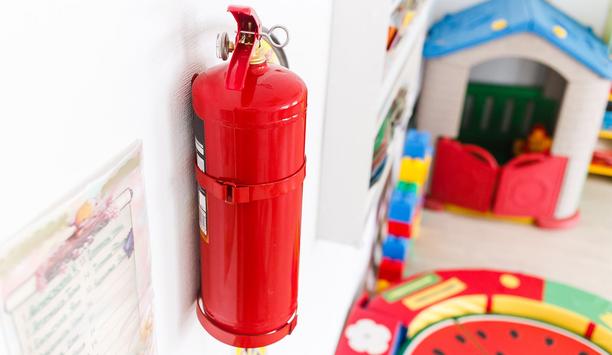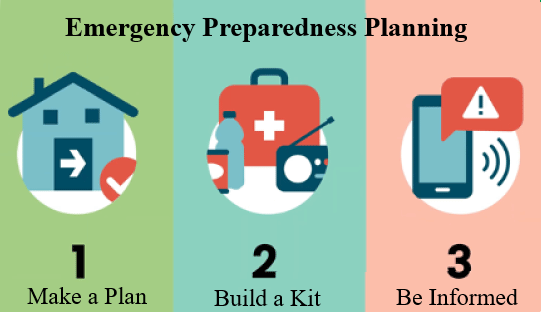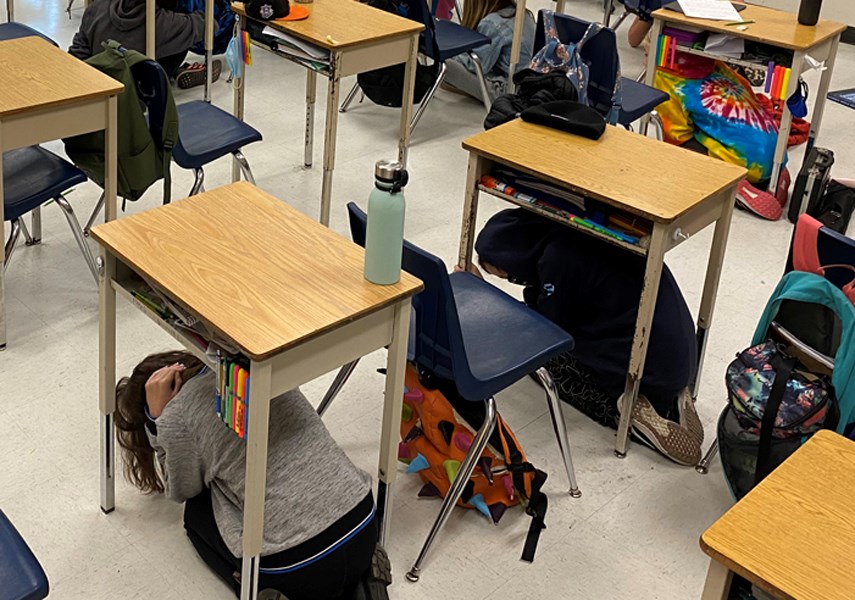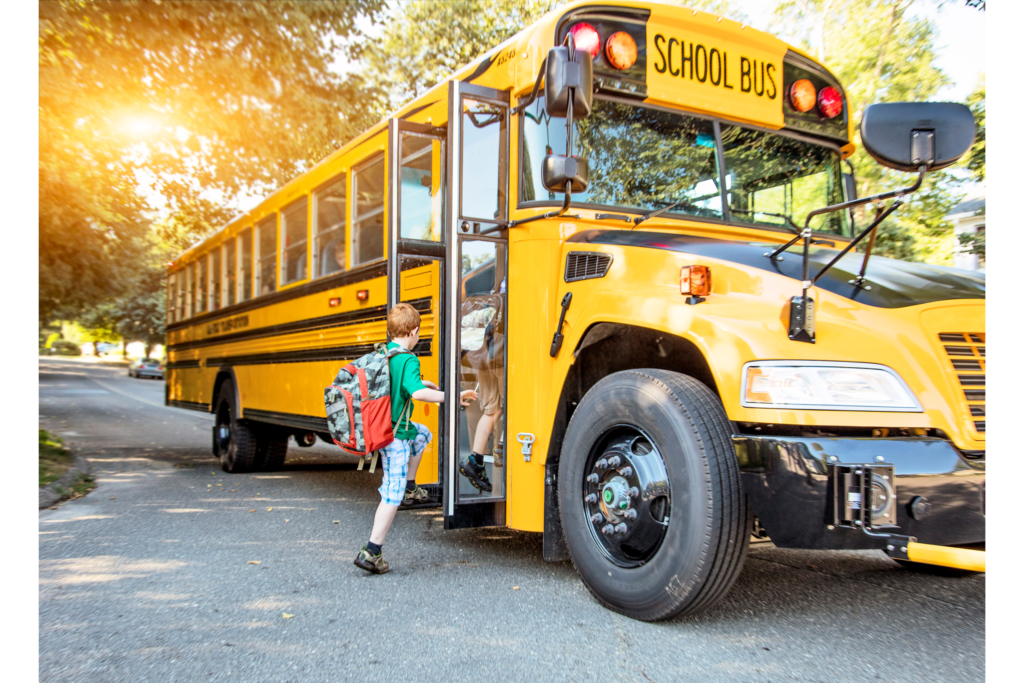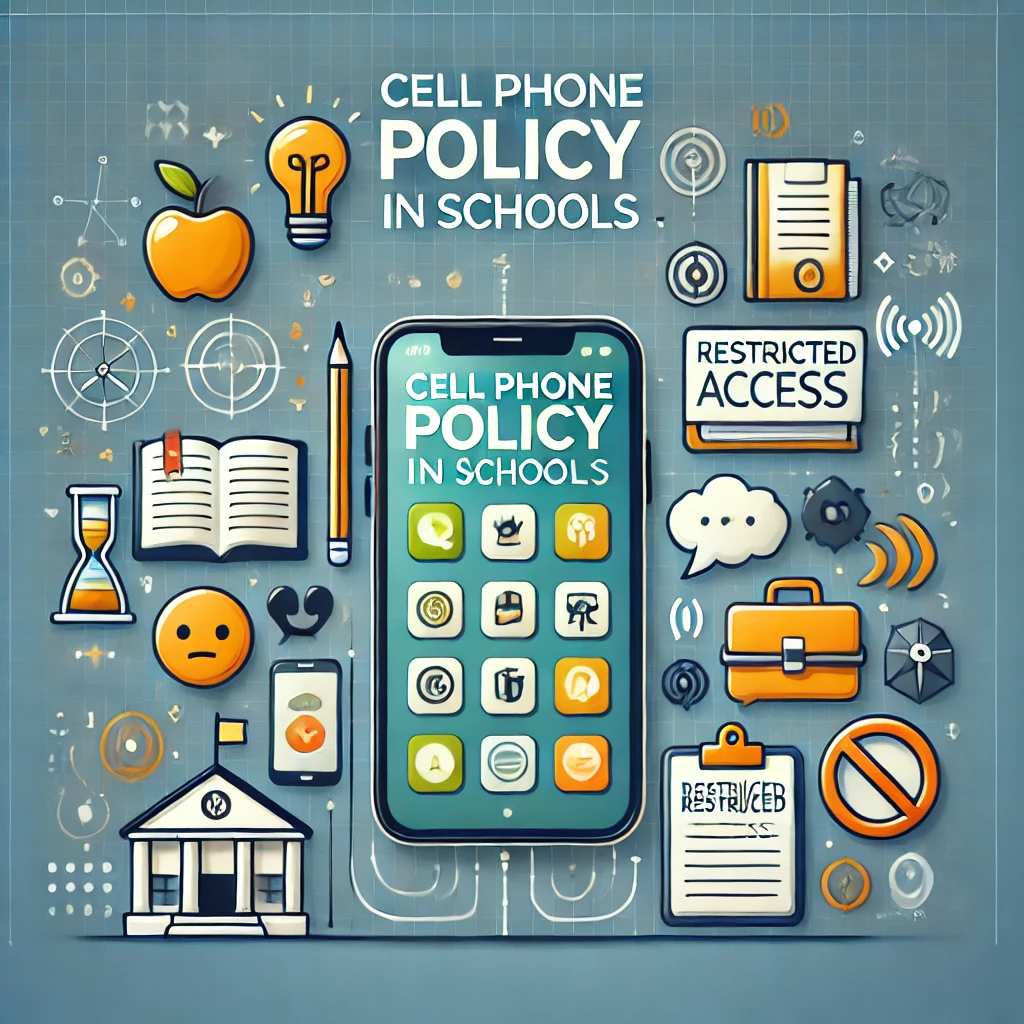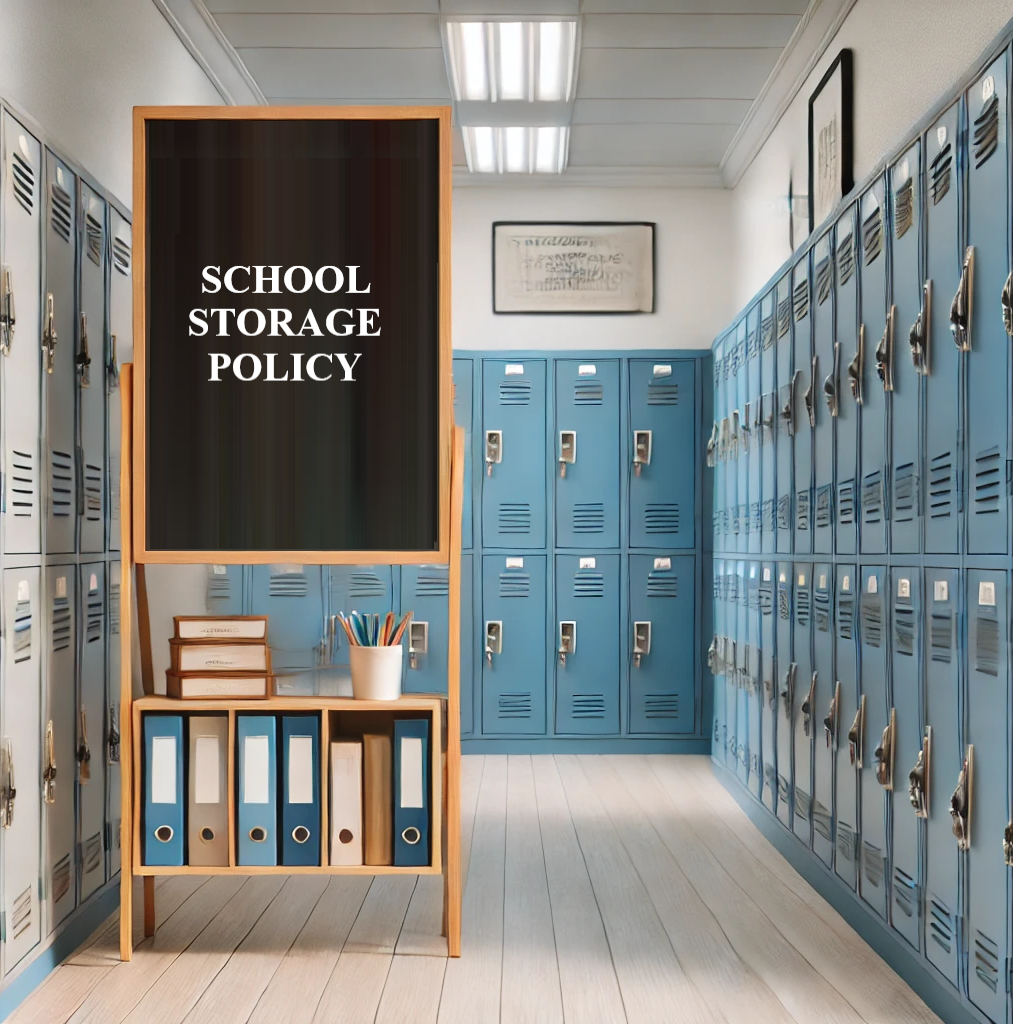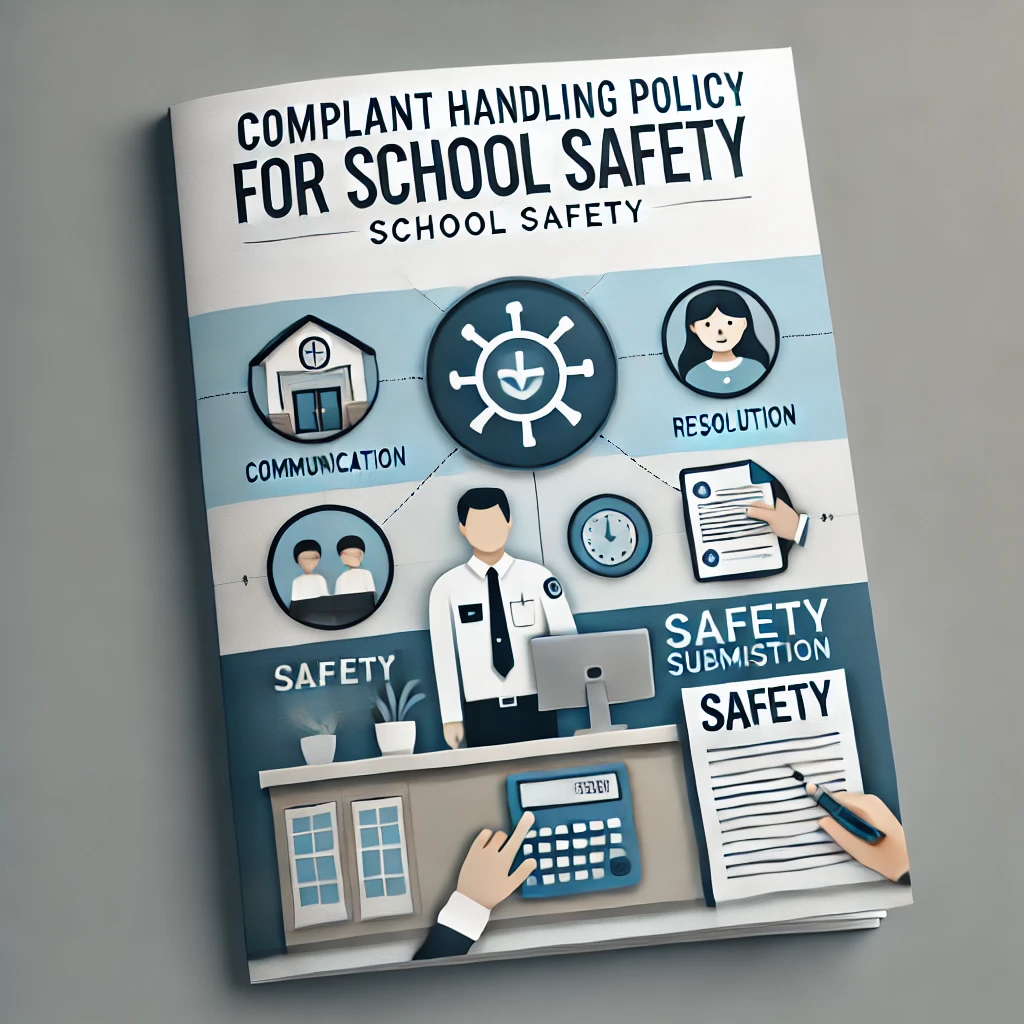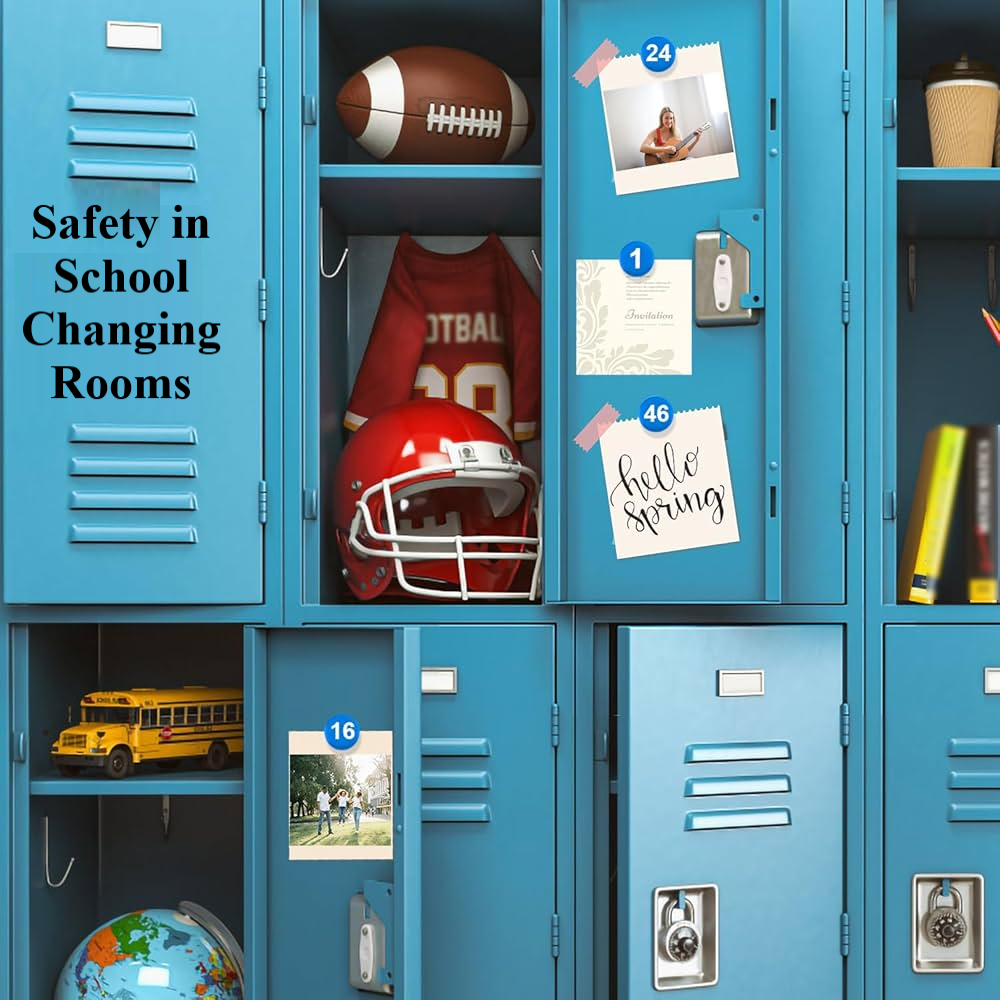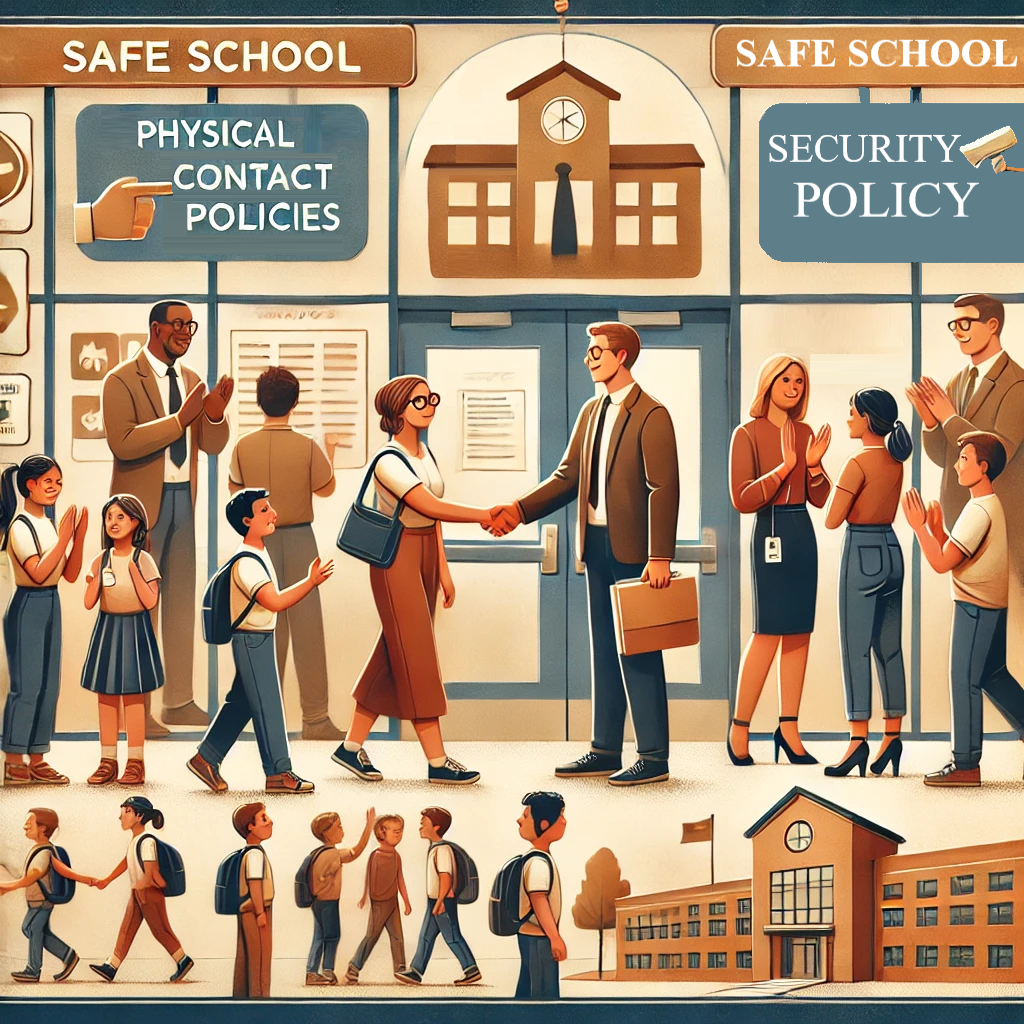School safety is a fundamental pillar of a successful educational system,
serving as the foundation for a thriving learning environment. To ensure this
safety, a well-crafted behavior management and student discipline policy is
essential. This policy provides a framework for establishing clear
expectations, defining appropriate consequences, and fostering a culture of
respect and accountability.
A comprehensive policy begins by clearly outlining acceptable and
unacceptable behaviors, providing both students and staff with a shared
understanding of the standards expected within the school. Examples of
unacceptable behaviors, such as bullying, harassment, or disruptive conduct,
should be accompanied by specific consequences. These consequences need to be
consistent, fair, and tailored to the severity of the misconduct. Transparency
in defining these terms ensures that every member of the school community feels
empowered to follow the rules.
Equally important is the inclusion of proactive strategies for behavior
management. Positive reinforcement, individualized support plans, and
restorative justice practices are effective tools for encouraging good
behavior. Positive reinforcement, for instance, rewards students for adhering
to expectations, thus motivating them to continue displaying appropriate
conduct. Restorative justice practices promote accountability and
reconciliation, addressing behavioral issues while preserving relationships.
Additionally, the policy should establish a robust mechanism for
addressing disciplinary issues. Procedures for reporting incidents of
misconduct, such as bullying or harassment, must be clear, accessible, and
confidential. Staff roles in these procedures should be well-defined, ensuring
a prompt and effective response to any reported issues.
Training is another crucial aspect. Teachers and staff must be equipped
with the skills to enforce the policy consistently and to address behavioral
challenges effectively. Workshops on conflict resolution, classroom management,
and cultural sensitivity can significantly enhance their ability to maintain a
safe and positive learning environment.
By implementing a comprehensive behavior management and student
discipline policy, schools create a space where students feel safe, valued, and
supported. Such a policy not only safeguards students' rights but also fosters
their academic and personal growth in a secure environment.







